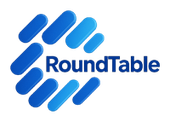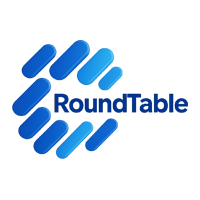July 15, 2025
Preparing for a job interview is more than just rehearsing answers — it’s about doing the right groundwork to walk in informed, confident, and ready to make a great impression. Whether you're applying for your first role or stepping into an executive-level meeting, thorough preparation can make the difference between a good interview and a job offer. Here's a step-by-step guide to key interview preparation before the big day: 1. Research the Company Thoroughly Before anything else, understand who you’re interviewing with. What to focus on: Company mission, values, and culture Recent news, projects, or product launches Leadership team and company structure Competitors and industry position Where to look: Company website (About Us, Newsroom, Careers) LinkedIn company page Recent press releases or blog posts Glassdoor or employee reviews (for a behind-the-scenes view) Why it matters: This research helps you tailor your responses, ask smarter questions, and demonstrate genuine interest. 2. Understand the Job Description Inside-Out Break down the job ad and make sure you know exactly what the employer is looking for. Tips: Highlight the required skills, experience, and responsibilities. Match each point with a relevant example from your past experience. Prepare stories using the STAR method (Situation, Task, Action, Result) to demonstrate impact. 3. Practice Common Interview Questions You don’t need to memorize a script — but preparing key talking points will help you stay clear and confident. Common questions to prepare: "Tell me about yourself." "Why do you want to work here?" "What are your strengths and weaknesses?" "Describe a challenge you've faced and how you handled it." "Where do you see yourself in 5 years?" Pro Tip: Record yourself or practice with a friend to refine your delivery and body language. 4. Prepare Your Documents and Tech For in-person interviews: Print multiple copies of your CV/resume Bring a notebook and pen Prepare a list of references (if requested) For virtual interviews: Test your microphone, camera, and internet connection Choose a quiet, professional background Log in 5–10 minutes early 5. Plan What to Wear First impressions count. Dress appropriately for the industry and company culture. Tips: When in doubt, lean slightly more formal than you think you need to be. Make sure your clothes are clean, pressed, and fit well. Avoid busy patterns or loud accessories — keep it professional and polished. 6. Prepare Questions to Ask the Interviewer At the end of the interview, you’ll be evaluated by the questions you ask. Great questions to consider: "What does success look like in this role?" "What are the biggest challenges facing the team right now?" "How would you describe the team dynamics or management style?" "What’s the next step in the process?" 7. Manage Nerves and Stay Positive It’s normal to feel nervous — but don’t let nerves derail your performance. Tips to stay calm: Get a good night’s sleep before the interview. Do breathing exercises or light stretching before you go in. Remind yourself that this is a two-way conversation — you're also assessing if the job is right for you. Final Thoughts Interviews are a mix of preparation, performance, and authenticity. The more groundwork you do beforehand, the more confident you’ll feel walking in. By researching the company, knowing your value, practicing your responses, and asking insightful questions, you’ll be in a strong position to succeed. Remember: Preparation isn’t just about impressing the employer — it’s about empowering yourself.






